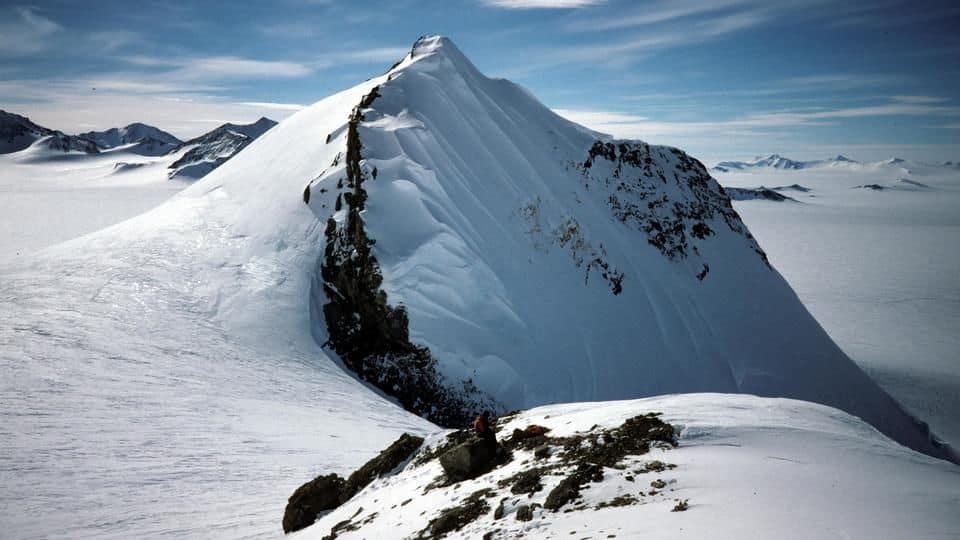
First Indian "under-ice mooring" in Antarctica to be launched soon
What's the story
A 43-scientist team from Goa-based National Centre for Antarctic and Ocean Research (NCAOR) is reportedly undertaking the first Indian "under-ice mooring" expedition to the Southern Ocean in December. Researchers will study and understand the seasonal variations in the coastal waters of India's Antarctic research station, Bharati, and their impact on the ecosystem. The scientists will return to India in February. Read more!
Definition
What is under-ice mooring?
An under-ice mooring is a line anchored to the seafloor several meters deep and held aloft by flotation spheres at the surface. It holds various instruments to obtain critical measurements, like ice thickness, water temperature and salinity, current speeds and directions, etc.
Expeditions
Different from NCAOR's previous expeditions
An anonymous NCAOR officer said the research team would fly to Mauritius in December and reach Bharati research station by a ship leased from South Africa. He added, "Under the project, the team will place equipment in under-ice mooring in the region." He said this Antarctic expedition would be very different from the previous 36 expeditions launched over five decades by NCAOR.
Quote
Comprehensive study in polar region
The source said India is launching under-ice mooring in the polar region for the first time. He added the expedition would be helpful in studying the part between Polar Front (PF) and Polar Back (PB) and the coastal waters of the Bharati Antarctic station.
Details
Studying the seasonal changes, bio-chemical processes
Under the Southern Ocean expedition, researchers will study and understand the "seasonal variabilities in dynamics" as well as the bio-chemical processes in the coastal waters of Bharati research station. They will also study the impact of such processes on the polar ecosystem. The project's primary focus is on the Southern Ocean's "role and response" to the regional as well as global climate changes.
Data
Data imperative for understanding climate change
The officer said NCAOR research programme would provide long-term data from the polar region. The availability of such data is crucial for understanding various processes that affect climate to "evolve suitable mitigating measures".
Help
Ships to be leased from Russia, South Africa
The source said NCAOR doesn't own an ice-breaker ship to sail in the Antarctic region. So, Russian ice-breaker ships are being leased in addition to a South African ship for the Southern Ocean expedition. He added purchasing the ice-breaker ships isn't "viable" as they cost hundreds of crores and NCAOR expeditions are conducted only a couple of times in a year.